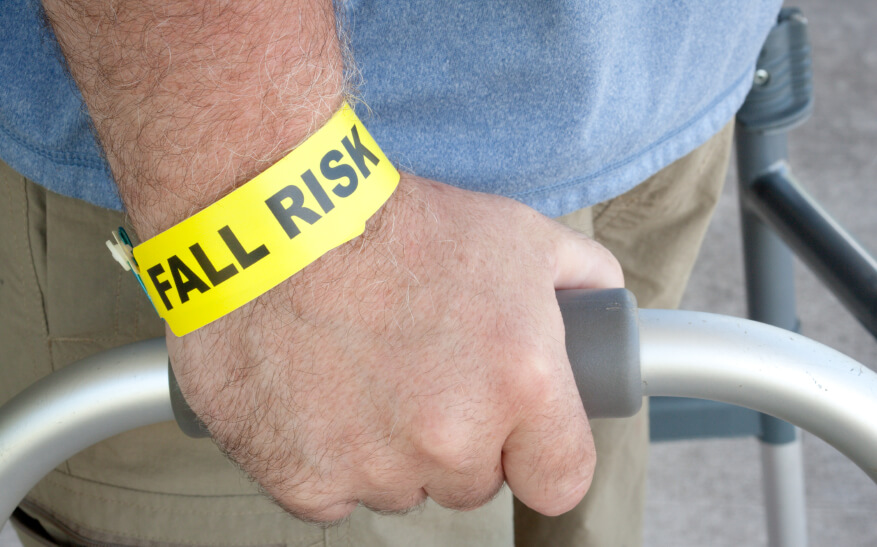
Falls are among the most frightening events that nations fear for in the elderly. They are a leading cause of death in ages 75 and over, and concerned relatives attempt to prevent such incidents themselves. Unfortunately, there is no way of predicting a fall, and many of them result in injuries detrimental to the health of loved ones. Interestingly, new research suggests that most falls may not be a result of causes most people would expect. Salus Homecare retains the well-being of elderly citizens at the top of their standards, and the advancements to be reviewed could save the health of thousands at risk.
Infections Are a Major Role-player
The Telegraph reports that falls may be mistaken as a result of mental decline when the true culprits are infectious diseases. Massachusetts General Hospital decided to document cases of elderly falls reported to their facilities. Within a short time, they discovered that over 40% of the patients had a pre-existing infection at the time of the fall. Of the 161 infected, it was revealed that 44.1% of them had a urinary tract infection. This came as no surprise to researchers, because respective complications of UTI’s include low blood pressure and dizziness. Other reports included bloodstream infections, which accounted for 39.8% of the infections, as well as respiratory infections, who claimed 23% of cases. The remaining 5.6% of the cases were claimed by serious heart-valve infections, a severe condition among seniors.
Dr. Farrin Manian reviewed the conclusions at the hospital, and he was not hesitant to support the facts. “Over the years I’ve been struck by the fact that some of the more serious infections I treated were in people who came to the hospital because they fell,” Manian explained. He planned to meet with his colleagues at Harvard to discuss the results and possible prevention techniques.
Practicing Preclusion
The most feared consequence of falls are the sustainment of injuries that are life-threatening. Thousands of seniors die because of complications related to bone fractures as an outcome of a collapse. The most vulnerable areas are in the hips. Therapists say that target exercising can save over 7,000 seniors a year in the UK alone by strengthening and preparing susceptible areas in event of a fall.
Knowledge of medications are also imperative for aiding in the prevention of such events. In a published study, Australian scientists collected data from seniors on a wide-spectrum of pharmaceuticals. They found that medications used to treat depression increased the likelihood of falls by 50%. Of those in treatment for depression, individuals prescribed selective serotonin reuptake inhibitors (SSRI’s), were 66% more likely to fall than their fellow elders in good mental health.
Decisions
Awareness and understanding of causes and effects related to falling are vital to the families of seniors. Identifying red flags and taking steps to deter such tragedies are undoubtedly helpful. Still, many seniors are incapable of doing this alone or with limited help. Senior care services and assistance could prove beneficial in preserving the long-term health of the elderly, and the addition of fresh research like this could save lives.
There is no ads to display, Please add some

